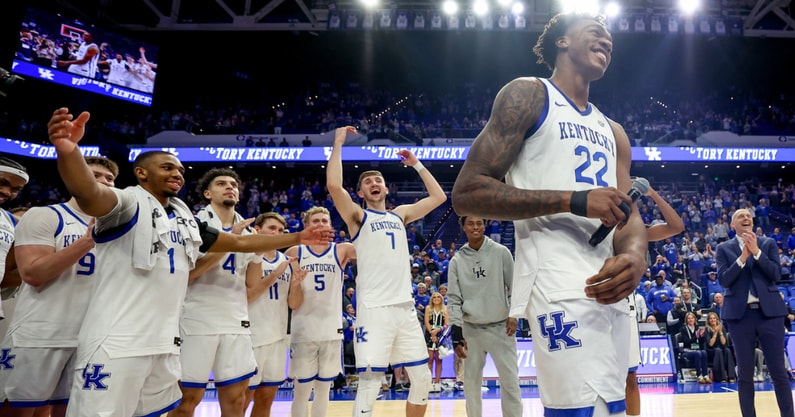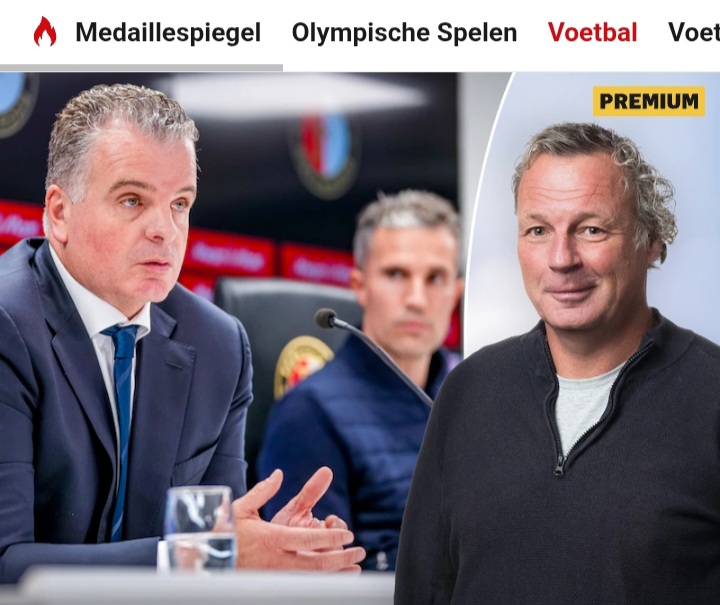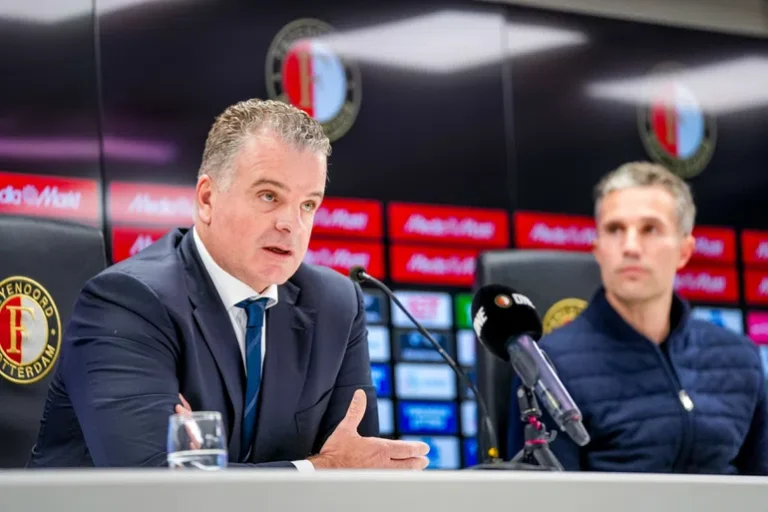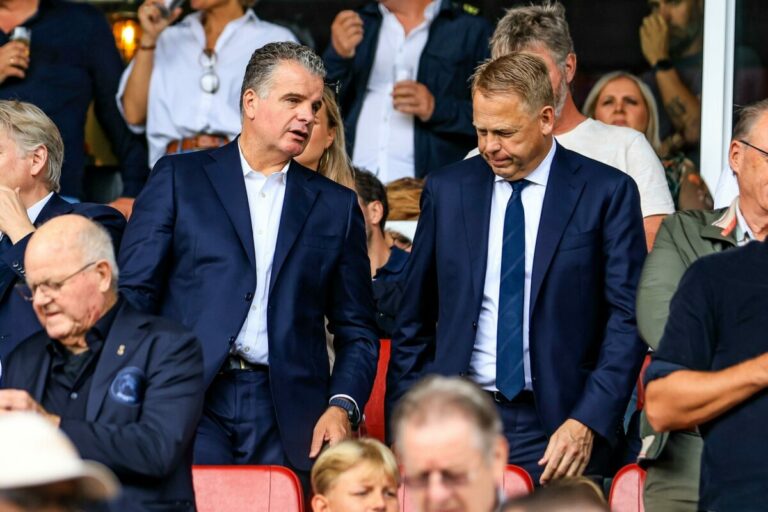
Mark Pope has returned to Lexington not just as a coach, but as a keeper of Kentucky’s rich basketball tradition. With a deep understanding of what it means to wear the blue and white, Pope is on a mission to ensure that his players fully embrace the magnitude of playing for the University of Kentucky. For him, it’s not just about wins and losses. It’s about living the Kentucky experience, a fleeting opportunity that too many fail to appreciate until it’s too late.
Having played under Rick Pitino and won a national championship with the Wildcats in 1996, Pope speaks with the authority of someone who has been immersed in the program’s glory. His reverence for Kentucky basketball is palpable. When he talks about the privilege of stepping onto the Rupp Arena court, it’s not mere sentiment—it’s a call to mindfulness, to presence, to soaking it all in.
“The biggest thing I keep telling the guys is: Don’t miss it,” Pope said recently, his voice carrying both enthusiasm and urgency. “Don’t go through this experience and realize five years later what it really meant. You have to live it now.”
That message—don’t miss it—has become something of a mantra for Pope as he rebuilds the program in his image. His coaching philosophy is rooted in gratitude and intentionality. He wants players who not only work hard and play smart, but who also carry an awareness of the rare opportunity they’ve been given. Kentucky is not just another school. It’s a basketball mecca, a place where the game means everything.
For Pope, embracing the Kentucky experience starts with understanding the program’s history. That’s why he makes it a point to connect his players to the legends who came before them, not as pressure, but as inspiration. From Dan Issel to Jamal Mashburn, from Tony Delk to Anthony Davis, the names are not just etched in the rafters—they are living reminders of what’s possible. Pope wants his players to feel that legacy coursing through them every time they put on the jersey.
But it’s not only about the past. The Kentucky experience, as Pope defines it, is also about the present—the packed arenas, the rabid fanbase, the media spotlight, the chance to play on national TV night after night. “Every single day, you’re in the middle of something that kids dream about their whole lives,” Pope said. “If you’re not paying attention, if you’re not fully engaged, you can sleepwalk through it.”
To that end, Pope emphasizes daily engagement—not just in practice and games, but in the classroom, the locker room, and the community. He encourages players to build relationships with fans, to appreciate the traditions, to understand the responsibility that comes with representing one of the most storied programs in college basketball.
He also challenges his players to stay grounded. With NIL opportunities and pro dreams always in the background, Pope wants to remind them that this moment—this brief window in Lexington—is sacred. “Yes, you have goals beyond Kentucky,” he said. “But right now, this is your team, this is your home. Don’t miss the joy of being here.”
Pope’s message is resonating with recruits and returners alike. Several players have spoken openly about how different the culture feels, how connected they are not only to each other but to the university and the broader Big Blue Nation. Pope’s own passion is contagious. His energy on the sideline, his openness with fans, and his authenticity in interviews all reflect a man who deeply values the opportunity to lead this program.
Still, Pope knows that embracing the Kentucky experience is not just an emotional or cultural endeavor—it must be backed by hard work and competitive fire. “This isn’t a tourist stop,” he often says. “We’re here to win, and win big. But the joy comes in doing it together, in understanding why it matters.”
As the season approaches, Pope continues to preach presence, perspective, and purpose. In every practice, every team meeting, and every interaction, he’s trying to build a roster that doesn’t just play for Kentucky, but lives the Kentucky experience with eyes wide open.
Because in the end, the art of not missing it is about more than basketball. It’s about embracing the fullness of the moment, and leaving a legacy that lasts long after the final buzzer sounds.
Let me know if you’d like this adapted into a profile, a speech, or formatted as a web article.






